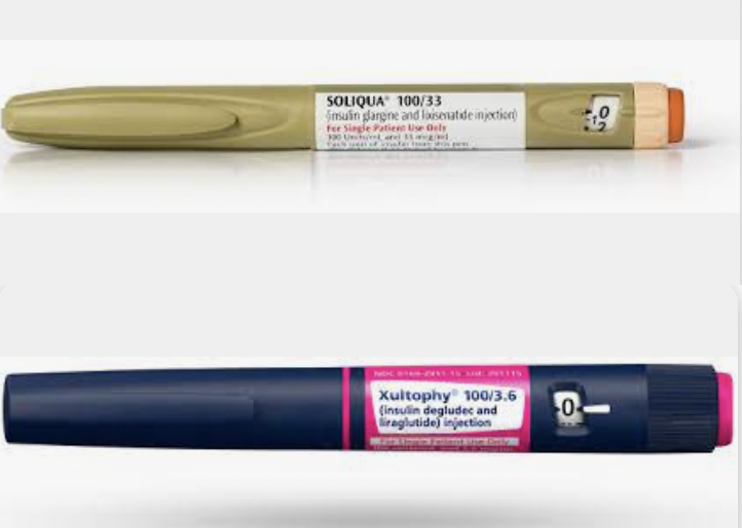
Dr. E’s patient Dale has a very common (but misguided) fear that he’ll go low if he takes his insulin before eating. As a result, his blood sugar goes high after breakfast and stays high a good portion of the day. An eye-opening insulin timing study may be the only thing to help Dale trust the process.
read more →





